Financial inclusion is a cornerstone for economic growth, and across Africa, Artificial Intelligence (AI) is proving to be a game-changer. With millions still unbanked or underbanked, AI-powered solutions are bridging gaps, offering innovative ways to connect individuals and businesses to essential financial services.
Understanding Financial Inclusion in Africa
Financial inclusion means making financial services accessible and affordable to all, particularly marginalized groups. In Africa, barriers such as limited infrastructure, high costs, and lack of financial literacy have excluded a significant portion of the population from formal banking systems.
Enter AI: a transformative tool that’s not only lowering these barriers but also creating new opportunities for economic empowerment.
How AI is Making a Difference
Improved Access to Credit
Traditional credit systems rely heavily on formal credit history, which many Africans lack. AI-powered credit scoring uses alternative data sources—such as mobile phone usage, utility payments, and social media activity—to assess creditworthiness.
Example: Fintech platforms like Tala and Branch are leveraging AI to offer microloans to individuals without traditional bank accounts.
Affordable and Personalized Financial Services
AI enables financial institutions to analyze customer behavior and preferences, offering personalized products at lower costs. Chatbots and virtual assistants powered by AI also make it easier for users to access financial advice and services without visiting a branch.
Example: Kudi.ai uses AI-driven chat interfaces to help users perform banking transactions via messaging apps.
Fraud Detection and Risk Mitigation
Fraud is a major concern in the financial sector, but AI’s ability to detect patterns and anomalies in real-time has strengthened fraud prevention measures. This builds trust in digital financial services, encouraging more users to adopt them.
Example: AI systems in mobile money platforms like M-Pesa flag suspicious transactions, ensuring security for users.
Financial Literacy Through AI-Powered Tools
Many Africans are excluded from financial services due to a lack of knowledge. AI-driven tools are making financial education more accessible, providing simplified content in local languages and tailored to user needs.
Example: Apps like EduFinance use AI to teach financial literacy and guide users on saving and investment strategies.
Expanding Reach with Mobile Solutions
With mobile penetration across Africa skyrocketing, AI-powered mobile platforms are bringing banking services to rural and underserved communities.
Example: Platforms like Paga in Nigeria combine mobile technology and AI to deliver financial services to remote areas.
The Road Ahead
AI is still in its early stages across much of Africa, but its potential is undeniable. For it to thrive and drive financial inclusion further, collaboration between governments, tech companies, and financial institutions is crucial. Investments in infrastructure, ethical AI practices, and digital literacy programs will be key to maximizing its impact.
Conclusion
AI is more than just a tool—it’s a bridge to economic empowerment for millions across Africa. By addressing the barriers to financial inclusion, AI is unlocking opportunities for individuals and businesses, helping to build a more equitable and prosperous future for the continent.


